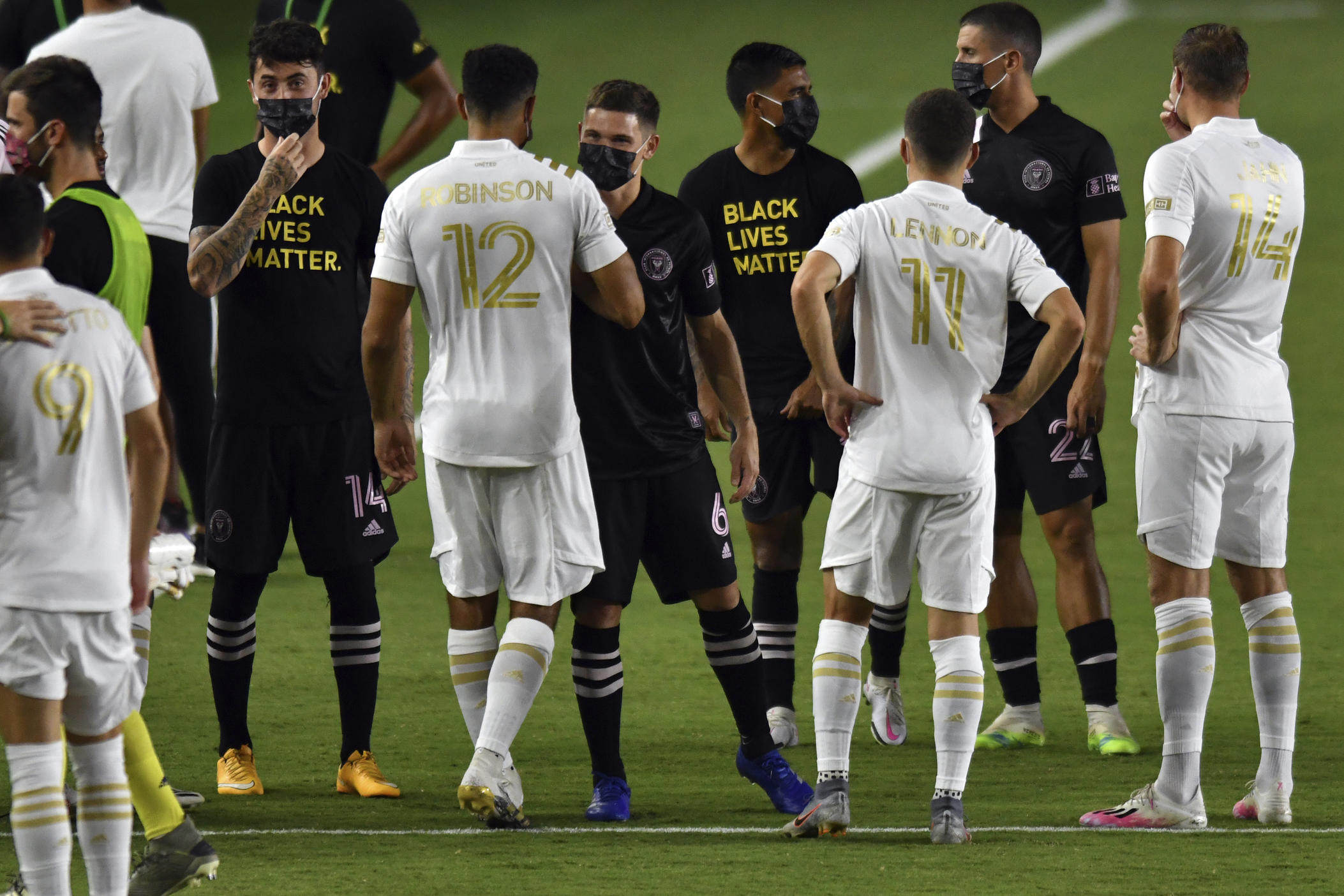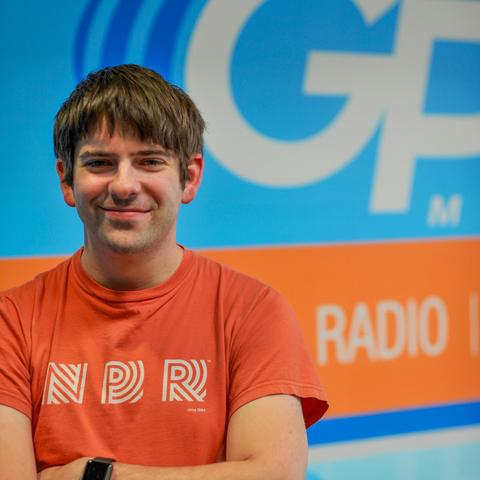Listen
Listening...
/
For Atlanta United players and fans, this has been a season unlike any other in the franchise’s short history. Felipe Cardenas, a staff writer for The Athletic, walks us through a season that's been beset with injuries, a coach’s firing, a pandemic, and the team's decision not to play on Wednesday in solidarity with the Black Lives Matter movement.



